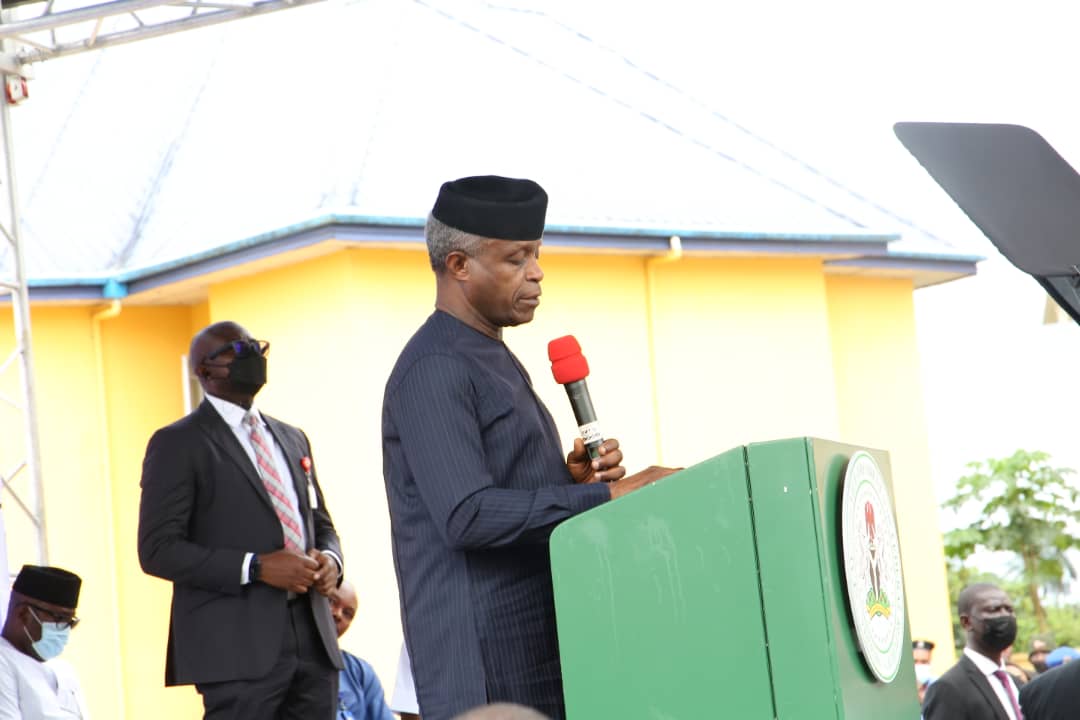At least 841 people have been executed in Iran since the start of the year, the UN said Friday, decrying “a systematic pattern of using the death penalty as a tool of state intimidation”.
The United Nations’ human rights office said there had been a “major increase in executions” by Tehran during the first half of 2025.
“Iranian authorities have executed at least 841 people since the beginning of the year,” spokeswoman Ravina Shamdasani told reporters in Geneva.
“The real situation might be different,” she added. “It might be worse, given the lack of transparency.”
In July alone, she said, Iran had executed at least 110 individuals — twice the number of people executed in July 2024.
READ ALSO:Why Nigeria Needs Female President – Presidential Aspirant
“The high number of executions indicates a systematic pattern of using the death penalty as a tool of state intimidation, with disproportionate targeting of ethnic minorities and migrants,” Shamdasani added.
She cited the executions of Afghan nationals, and of Baluch, Kurdish, and Arab citizens.
In the first six months of the year, at least 289 people were executed for drug-related offences.
Shamdasani said the pattern witnessed across multiple countries showed that when their governments perceive threats to their grip on public order, they become increasingly repressive and less tolerant of dissent.
– Hangings before children –
The spokeswoman in particular criticised the staging of public executions in Iran. The rights office documented seven such cases since the beginning of the year — some reportedly in front of children.
READ ALSO:We Would Have Killed Iran’s Supreme Leader If Given Opportunity – Israel
“Public executions add an extra layer of outrage upon human dignity… not only on the dignity of the people concerned — the people who are executed — but also on all those who have to bear witness,” she said.
“The psychological trauma of bearing witness to somebody being hanged in public, particularly for children, is unacceptable.”
The UN human rights office said there were serious concerns over due process in capital punishment cases.
“What we are particularly worried about is that a lot of these death sentences are imposed based on vague laws,” the spokeswoman said, such as charges of enmity against God.
Shamdasani said that 11 individuals were currently facing “imminent execution” in Iran, including six charged with “armed rebellion” due to alleged membership of the exiled opposition People’s Mujahedeen Organization of Iran (MEK).
READ ALSO:US Struck Iran With B-2 Bombers, Submarine-launched Missiles – Top US General
The other five had been sentenced to death over their participation in large-scale protests in 2022, she said. Iran’s supreme court last week confirmed the death sentence against workers’ rights activist Sharifeh Mohammadi, she added.
The UN rights office was urging Iran’s government “not to implement the death penalty against these and other individuals on death row”, Shamdasani said.
“The death penalty is incompatible with the right to life and irreconcilable with human dignity,” she added.
“It creates an unacceptable risk of executing innocent people. It should never be imposed for conduct that is protected under international human rights law.”
UN human rights chief Volker Turk is calling on Tehran to impose a moratorium on the application of capital punishment, as a step towards abolition.
AFP
